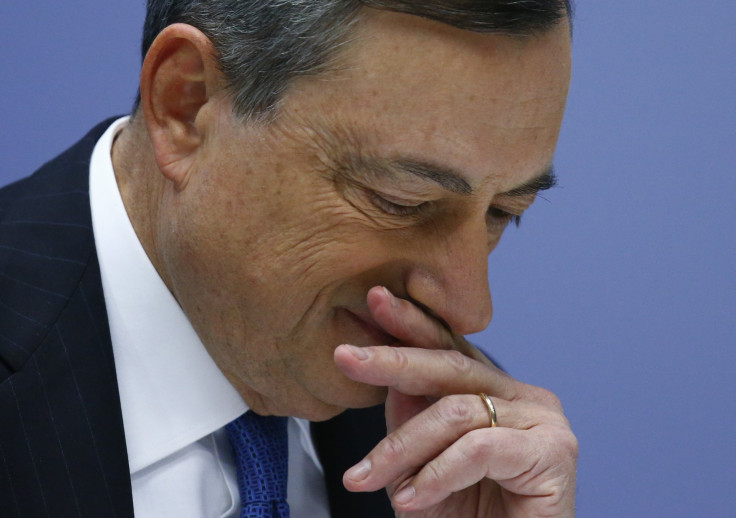Eurozone Authorities On Edge Over British Demands For 'Multicurrency Union'

The central governing body of the European monetary union reportedly is on edge as it grapples with British Prime Minister David Cameron's call to reimagine the European Union as a "multicurrency union," the Financial Times reported. Officials worry the proposed changes would weaken the unity of the states participating in the euro and discourage countries that are slated to enter the eurozone, like Poland, from following through with integration plans.
As EU negotiators work with the U.K. to hammer out a four-pronged list of demands Cameron delivered in November, the euro provisions have become a heightened concern at the European Central Bank (ECB), unnamed officials quoted by the FT said. "Whatever we do cannot impair the euro in any way," an official involved in the negotiations said. "The single currency must be able to function."
The EU's 1992 Maastricht Treaty required all participating countries eventually to adopt the euro, with the exception of Denmark and the U.K., which secured opt-out provisions. But the timetable for joining the euro was open-ended for some countries. Seven states, including Poland and Sweden, have yet to join. EU-wide debt crises and the meltdown of Greek relations have made the holdouts warier still.
Now officials at the ECB have become increasingly concerned British demands to redefine the EU as a multicurrency union will empower Poland and others to remain outside the eurozone. Beata Szydło, premier of the conservative government elected to office in October, has said she "certainly [would] not introduce the euro to Poland."
Mario Draghi, the head of the ECB, is "worried that people would resist harmonization by arguing that the U.K. and others were gaining an unfair advantage," a British official told the Financial Times.
Cameron has announced British membership in the EU will be put to a popular referendum by the end of 2017. Euroskeptic political parties, which seek to separate from the EU, have gained prominence in the U.K. in recent election cycles.
© Copyright IBTimes 2024. All rights reserved.




















